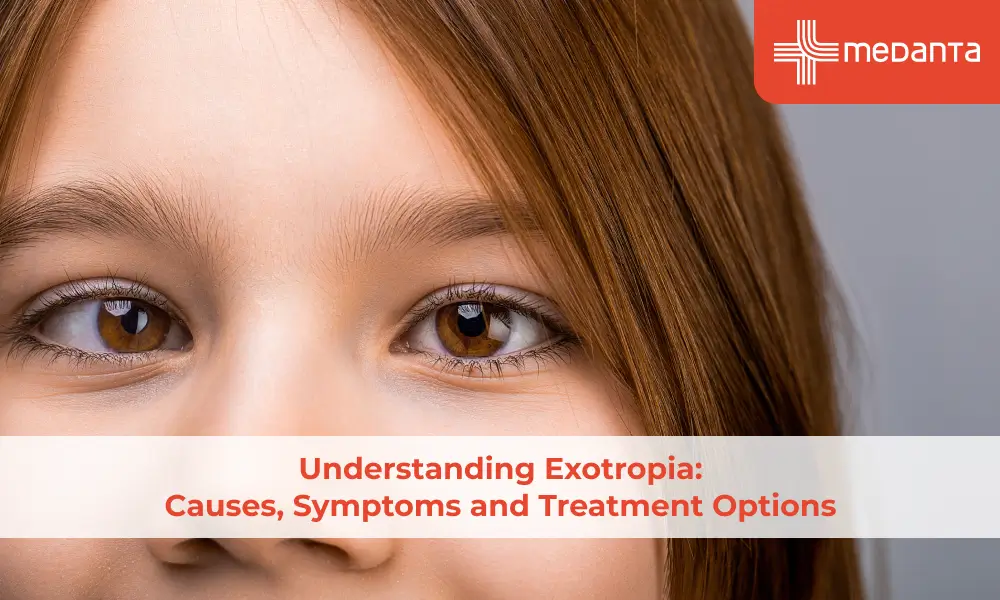Exploring Hormonal and Non-Hormonal Treatments For Menstrual Disorders

Managing menstrual health is an important aspect of overall health for women. Their periods can bring along a host of issues such as painful cramps, heavy bleeding or irregular cycles. These are all symptoms of menstrual disorders which can greatly affect daily life and disrupt normal routines.
In this blog post, we will explore both traditional hormone imbalance therapy as well as non-hormonal treatment options for addressing menstrual irregularities and improving overall menstrual health management. Whether you’ve been struggling with severe PMS symptoms or simply looking for ways to regulate your cycle naturally, read on to discover the potential treatment options available for you.
Understanding Menstrual Disorders & Menstrual Irregularities
Menstrual disorders encompass a range of conditions that affect the regularity, duration, and intensity of menstrual bleeding. These disorders can include irregular periods, heavy or prolonged bleeding, painful periods (dysmenorrhea), and other abnormalities in the menstrual cycle.
Common Types of Menstrual Disorders
- Irregular Periods: Irregular periods refer to menstrual cycles that occur outside the typical 21 to 35-day range or have variations in cycle length.
- Heavy Menstrual Bleeding: Also known as menorrhagia, heavy menstrual bleeding involves excessive or prolonged bleeding during menstruation, which can lead to fatigue and anemia.
- Painful Periods: Dysmenorrhea is characterized by severe menstrual cramps that can interfere with daily activities and quality of life.
- Premenstrual Syndrome (PMS): PMS encompasses physical and emotional symptoms that occur in the days leading up to menstruation, such as bloating, mood swings, and breast tenderness.
- Premenstrual Dysphoric Disorder (PMDD): PMDD is a severe form of PMS characterized by intense mood swings, irritability, and depression.
- Absent Periods (Amenorrhea): Absent periods may result from factors such as hormonal imbalances, excessive exercise, or underlying medical conditions.
Causes of Menstrual Disorders
- Hormonal Imbalances: Fluctuations in hormone levels, particularly estrogen and progesterone, can disrupt the menstrual cycle and lead to menstrual disorders.
- Uterine Fibroids: Noncancerous growths in the uterus can cause heavy bleeding and painful periods.
- Endometriosis: Endometriosis occurs when tissue similar to the lining of the uterus grows outside the uterus, leading to painful periods and infertility.
- Polycystic Ovary Syndrome (PCOS): PCOS is a hormonal disorder characterized by irregular periods, ovarian cysts, and hormonal imbalances.
- Thyroid Disorders: Thyroid dysfunction can affect hormone levels and contribute to menstrual irregularities.
- Stress and Lifestyle Factors: Psychological stress, poor nutrition, excessive exercise, and weight fluctuations can impact menstrual health.
Hormonal Treatments
- Hormone Therapy: Hormonal treatments involve the use of medications that regulate hormone levels in the body, helping to restore balance and alleviate menstrual symptoms. These medications may include birth control pills, hormone-containing patches or rings, and hormone-releasing intrauterine devices (IUDs).
- Progesterone Therapy: Progesterone is a hormone that plays a key role in regulating the menstrual cycle. Progesterone therapy may be prescribed to address irregular periods or heavy bleeding. It can help stabilize the uterine lining and reduce the severity of menstrual symptoms.
- Gonadotropin-Releasing Hormone (GnRH) Agonists: GnRH agonists are medications that suppress the production of estrogen and progesterone, temporarily inducing a state similar to menopause. While this may seem counterintuitive, it can effectively alleviate symptoms of conditions such as endometriosis and uterine fibroids.
Non-Hormonal Treatments
- Nonsteroidal Anti-Inflammatory Drugs (NSAIDs): NSAIDs, such as ibuprofen and naproxen, are commonly used to relieve menstrual cramps and reduce menstrual bleeding. These medications work by inhibiting the production of prostaglandins, which are chemicals that contribute to inflammation and pain.
- Tranexamic Acid: Tranexamic acid is a medication that helps reduce excessive bleeding by promoting blood clotting. It can be particularly beneficial for women experiencing heavy menstrual bleeding or menorrhagia.
- Herbal Remedies: Some women find relief from menstrual symptoms by using herbal remedies such as chasteberry, ginger, and turmeric. While more research is needed to confirm their effectiveness, these natural remedies may offer alternative options for managing menstrual disorders.
Tips for Menstrual Health Management
Managing menstrual health involves adopting practices that promote physical comfort, emotional well-being, and overall menstrual hygiene. Here are some tips to help you navigate your menstrual cycle with ease:
- Maintain a Balanced Diet: Consuming nutritious foods rich in vitamins, minerals, and antioxidants can support hormone regulation and alleviate menstrual symptoms. Incorporate fruits, vegetables, whole grains, lean proteins, and healthy fats into your diet.
- Stay Hydrated: Drink plenty of water and avoid excessive consumption of caffeine and alcohol, which can exacerbate bloating and dehydration during menstruation.
- Manage Stress: Practice stress-relief techniques such as deep breathing, meditation, yoga, or mindfulness to reduce cortisol levels and alleviate menstrual discomfort.
- Regular Exercise: Engage in moderate physical activity such as walking, swimming, or cycling to improve blood circulation, reduce cramps, and boost mood during menstruation.
- Maintain Proper Hygiene: Change sanitary pads or tampons regularly to prevent bacterial growth and odor. Wash your genital area with mild soap and water to maintain cleanliness and prevent infections.
- Use Comfortable Menstrual Products: Choose menstrual products that suit your comfort and lifestyle, whether it's pads, tampons, menstrual cups, or period underwear. Consider eco-friendly options that minimize environmental impact.
- Manage Pain: Use heat therapy, such as a heating pad or warm bath, to alleviate menstrual cramps. Over-the-counter pain relievers like ibuprofen or acetaminophen can also provide relief from discomfort.
- Track Your Menstrual Cycle: Keep a menstrual calendar or use mobile apps to monitor your menstrual cycle, including the start and end dates, flow intensity, and any accompanying symptoms. This can help you predict your next period and identify any irregularities.
- Seek Medical Advice: Consult a healthcare provider if you experience severe or prolonged menstrual pain, heavy bleeding, irregular periods, or other concerning symptoms. They can evaluate your condition and recommend appropriate treatment options.
Conclusion
Understanding and managing menstrual disorders is crucial for every woman's overall health and well-being. From hormone imbalance therapy to non-hormonal treatments, there are a plethora of options available to address menstrual irregularities and ensure proper menstrual health management.
It is important to consult with your healthcare provider and find the best treatment plan that suits your individual needs. Remember, good menstrual health not only includes physical care but also emotional support and self-care practices.
Don't be afraid to reach out for help when needed and prioritize your own well-being. With the increasing awareness around these topics, more specialized super specialty hospitals are now offering comprehensive care for menstrual disorders.






